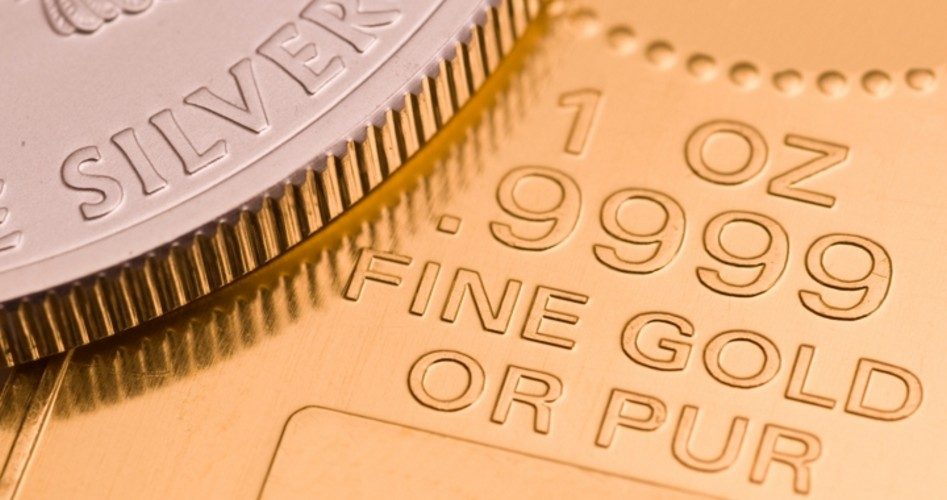
Arizona came one step closer to recognizing gold and silver as legal tender within its sovereign borders when a bill to that effect was passed by a committee of the State Senate. By a vote of 4-3, the Republican majority passed HB 2014, which would “exempt from gross income the exchange of one kind of legal tender for another” and redefines legal tender to include “specie,” that is to say, “coins having precious metal content.”
In plain English, this proposal would provide a way for Arizonans to buy and sell gold and silver without having to treat it as a capital gain, thus reducing the reach of the Federal Reserve inside the state of Arizona.
Testifying before the committee was former presidential candidate and congressman from Texas, Dr. Ron Paul. “We ought not to tax money, and that’s a good idea. It makes no sense to tax money,” Paul told the state senators. “Paper is not money, it’s a substitute for money and it’s fraud,” he added, referring to the fractional-reserve banking practiced by the Federal Reserve and other central banks. Referring to the bill’s elimination of capital gains taxes on gold and silver, the sponsor of the bill, State Representative Mark Finchem, said, “What the IRS has figured out at the federal level is to target inflation as a gain. They call it capital gains.”
As it stands today, the laws of the state of Arizona require that all debts be paid in Federal Reserve notes or in coins issued by the government of the United States. This is in direct contradiction to the Article I, Section 10 of the Constitution, which reads, “No State shall … make any Thing but gold and silver Coin a Tender in Payment of Debts.”
{mp4}tna-2017-robert-brown-christian-gomez-federal-reserve-hd{/mp4}
A Tenth Amendment Center article published in the Ron Paul Liberty Report cited constitutional tender expert Dr. William Greene on the subject of the effect of legalizing the exchange of gold and silver as legal tender:
Over time, as residents of the state use both Federal Reserve notes and silver and gold coins, the fact that the coins hold their value more than Federal Reserve notes do will lead to a ‘reverse Gresham’s Law’ effect, where good money (gold and silver coins) will drive out bad money (Federal Reserve notes). As this happens, a cascade of events can begin to occur, including the flow of real wealth toward the state’s treasury, an influx of banking business from outside of the state — as people in other states carry out their desire to bank with sound money — and an eventual outcry against the use of Federal Reserve notes for any transactions.
In a paper published in 2010, Greene explained the history of legislative attempts to break up the Fed’s monopoly on money and the failure of those efforts:
Since its inception, the U.S. Federal Reserve’s monetary policies have led to a decline of over 95% in the purchasing power of the U.S. dollar. As a result, there have been several attempts to curtail or eliminate the Federal Reserve’s powers (e.g., the efforts of Rep. Louis T. McFadden in the 1930s; the efforts of Rep. Wright Patman in the 1970s; the efforts of Rep. Henry Gonzalez in the 1990s; and the efforts of Rep. Ron Paul since the 1990s). However, none have proven successful to date, due mainly to the constraints of strong political opposition at the national level.
Paul’s persuasiveness paid off this time, though, and after the successful passage of the sound money bill by the Arizona State Senate Finance Committee, Dr. Paul attended a rally on the grounds of the Arizona State Capitol where he told the throng of listeners that “They were on the right side of history” and that even though those working to restore constitutional liberty to Arizona and all the states “had a great burden to bear,” he assured them that there are “more than you know” working toward the same goal.
The next step for HB 2014 is consideration by the State Senate Rules Committee.




